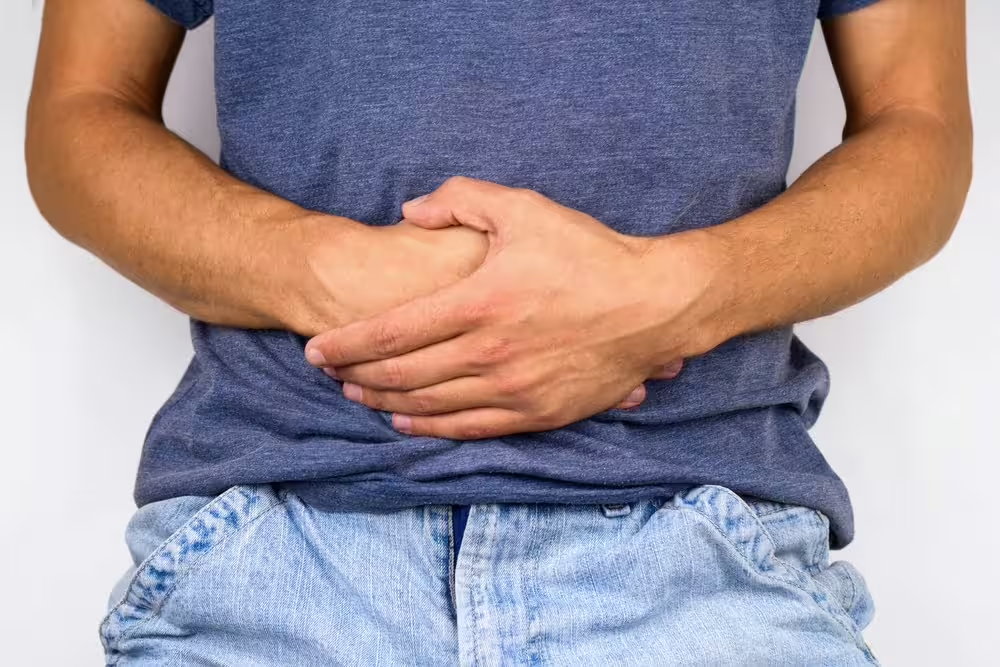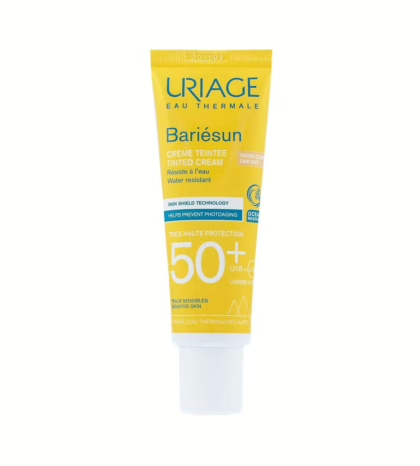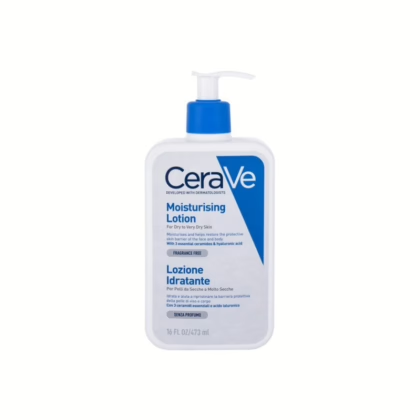
Is “stomach flu” real? What are the causes? To some extent, it is true. Gastroenteritis, which is sometimes known as “stomach flu,” is the proper diagnosis. The influenza virus, on the other hand, is completely unrelated to it and is not the cause of sickness.
Anyone can get gastroenteritis. But you’re more likely to get it if you’re living in a house/place where many people share living or eating areas, such as:
Gastroenteritis is usually not serious. Symptoms of gastroenteritis can include loss of appetite, nausea, vomiting, abdominal cramps, diarrhea, and stomach pain. But it can sometimes lead to dehydration or cause severe symptoms. Certain groups are at higher risk of developing these problems. These groups could be:
If you are at higher risk and have symptoms of gastroenteritis, call your doctor right away.
Treatment varies depending on the cause of the injury, but may include:
Back to basics again and follow simple steps that will help you prevent. Bearing in mind that gastroenteritis is highly contagious. So, the following tips can help you prevent:
You may also visit our pharmacies to acquire the medical assistance you require, as well as medical advice and OTC treatment.











